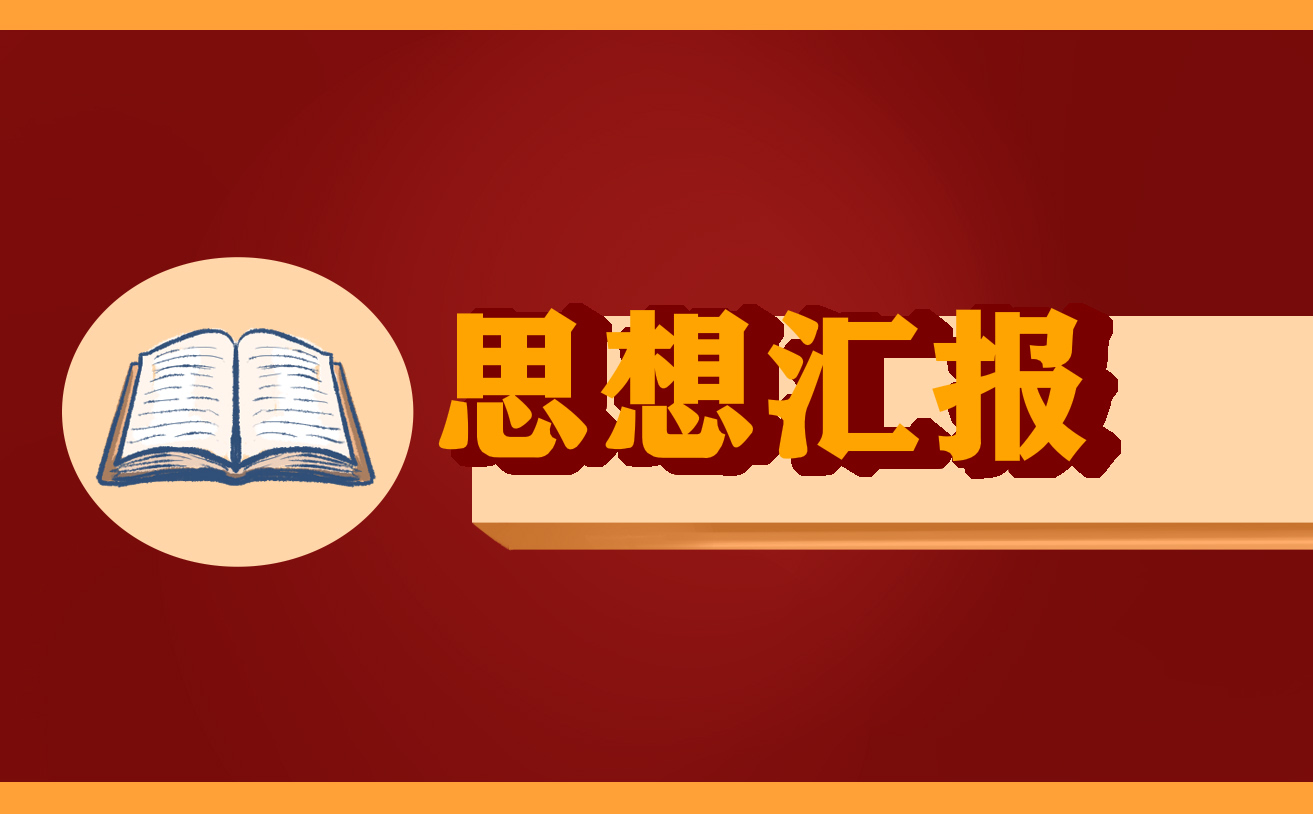[新目标英语八年级(下)Unit 1~Unit3知识要点精讲] 新目标英语八年级上Unit6
时间:2019-01-11 03:30:16 来源:柠檬阅读网 本文已影响 人 
Unit1 【知识要点1】 can;be able to can和be able to 二者都可以表示“能;会”,其区别在于:
1) be able to的过去时还可以表示一种“经过努力做到某事”的意思,can的过去时则没有这种意义。例如:
He started late, but he was able to catch the eight o’clock train. 他出发晚了,但他还是赶上了八点钟的火车。
2) can通常只用于一般现在时和一般过去时,而be able to可用于各种时态。例如:
Will you be able to come to our party? 你能参加我们的聚会吗?
He hasn’t been able to go to office for a month. 他已经一个月没能上班了。
3) 在表示猜测时,只能用can, 而不能用be able to。例如:
Mr. Green can’t be at home now. 现在格林先生不可能在家。
【知识要点2】 such; so
【辨析】 so与such都表示“如此的;这么;这样”,so用来修饰形容词和副词;而such常用来修饰名词。例如:
He works so hard. 他工作那么努力。
She is such a good girl. 她真是个好女孩。
【知识要点3】 People will live to be 200 years old.
句中的live to be ...意为“活到……”。例如:
She lived to be a hundred. 她活到了100岁。
live 用作不及物动词时,还可以表示“居住;过生活;活着”的意思,后面可接副词、动词不定式、介词短语等作状语。例如:
I lived in Shanghai two years ago. 两年前我住在上海。
Though he is in poor health, the old man is living happily. 尽管身体不好,这个老人还是愉快地生活着。
【知识要点4】 I’ll live in Shanghai, because I went to Shanghai last year and fell in love with it.
fall in love with ...意为“爱上(某人或某物)”。例如: As soon as I got there, I fell in love with the beautiful city. 我一到那里,就喜欢上了那座美丽的城市。
He fell in love with that lovely girl. 他爱上了那个可爱的女孩。
【知识要点5】 Predicting the future can be difficult.
predicting the future 是动名词短语,在句中作主语。这类短语作主语时,谓语动词应用单数形式。例如: Doing morning exercises is good for your health. 做早操对你的身体有好处。
【知识要点6】 There are many famous predictions that never came true.
1) come true 意为“实现;达到”。例如:
One’s dreams do not always come true. 一个人的梦想并不总是能够成为现实的。
2) 句中的that 是关系代词,引导定语从句,其先行词是predictions。predictions that never came true 意为“从来就没实现过的预言”。例如:
These are the things that you need. 这些是你需要的东西。
【知识要点7】 People in the future have their own robots.
in the future 意为“将来;未来”,相当于in the time yet to come; in future意为“从今以后”,相当于from now on。试比较:
Who can tell what will happen in the future? 谁能知道将来会发生什么事?
Pay much attention to your handwriting in future. 今后要特别注意你的书写。
【知识要点8】 He thinks that it will be difficult for a robot to do the same things as a person.
句中that引导的从句作谓语动词thinks 的宾语。从句是“it + be + adj. + for sb. to do sth.”句式,其中it是形式主语,to do sth. 是真正的主语,句中的介词for引出不定式短语的逻辑主语a robot。例如:
It was really not easy for me to get up early on Sunday mornings. 对我来说,要在星期日早上早起确实不容易。
Unit2
【知识要点1】 also, too, as well 和either
also, too, as well 和either这四个词都意为“也”,但用法不同。
also用于肯定句,一般放在be动词和助动词之后、行为动词之前。例如:
I’m a teacher. He is also a teacher. 我是一名教师,他也是(教师)。
too用于肯定句,位于句尾,常用逗号分开。例如:
We are middle school students. They are middle school students, too. 我们是中学生,他们也是中学生。
as well 在口语中用得较多,用法和too相同。例如:
Tom is the captain of the football team, and is on baseball team as well. 汤姆是足球队长,同时也是棒球队队员。
either只用于否定句中,置于句尾,且前面常有逗号分开。例如:
If you don’t go there, I won’t, either. 如果你不去那里,我也不去。
【知识要点2】 What’s wrong?
此句用来询问对方“怎么了?发生了什么事?”,类似的表达方法还有What’s the matter/ the trouble?
如果询问的是第三方,可用What’s wrong / the matter / the trouble with sb./sth.?表达。例如:
What’s wrong with your computer? 你的电脑怎么了?
What’s the matter/ the trouble with your mother? 你母亲怎么了/出了什么事?
【知识要点3】 I argued with my best friend.
argue 意为“争辩;争论”,argue with sb. 意为“与某人争论”,argue with sb. about sth.意为“为某事与某人争辩”;argue sb. into doing sth.意为“尽力劝说某人做某事”。例如:
Don’t argue with your mother. 不要与你母亲争辩。
They’re always arguing with each other about money. 他们彼此总是为钱争吵。
We argued him into traveling with us. 我们尽力劝他同我们一起去旅游。
【知识要点4】 Maybe you should call him up.
should 用作情态动词,表示责任、义务,意为“应该;理应”,也可表示一种估计或推测。should 的否定形式是should not,可缩写成shouldn’t。例如:
We should keep the school rules. 我们应该遵守校规。(表示责任或义务)
We should respect our teachers and parents. 我们应该尊敬老师和父母。(表示道义)
Jenny left yesterday and should arrive today. 詹妮昨天动身,今天应该到达。(表示推测)
【知识要点5】 I’m very upset and don’t know what to do.
what to do是动词不定式短语,它由“特殊疑问词+动词不定式”构成。动词不定式短语通常在句中充当宾语,相当于一个宾语从句。比如I don’t know what to do.就相当于I don’t know what I should do. (我不知道我该做什么。)
【知识要点6】 ... but now parents seem to push their children a lot more.
seem 意为“看起来;似乎”。后面可以接形容词、动词不定式或as if引导的结构。例如:
He seems (to be) quite happy. 他似乎十分快乐。
I seem to have lost my keys. 我觉得好像丢了钥匙。
It seems as if it is going to rain. 看样子要下雨了。
【知识要点7】 Doctors say many children are under too much pressure.
1) under 意为“承受着;处于……状态中”,多指压力、负荷、条件、制约等。例如:
At last we brought the fire under control. 我们终于控制住了火势。
The matter is still under discussion. 这个问题还在讨论之中。
2) too much 与much too 的区别:
too much 意为“太多”,用作名词词组时,在句中作宾语或表语;用作副词词组时,修饰动词;用作形容词词组时,修饰不可数名词。例如:
Don’t speak too much. 别讲得太多。
I don’t like winter because there’s too much snow and ice. 我不喜欢冬天,因为有太多的雪和冰。
much too 意为“太;非常”,用作副词词组,修饰形容词或副词。例如:
It’s much too cold today. 今天太冷了。
The old man walked much too slowly. 这位老人走得太慢了。
Unit3
【知识要点1】 when和while
when和while这两个词都可以作连词用,引导时间状语从句,意为“当……的时候”,两者用法区别如下:
when引导的时间状语从句中的谓语动词,既可以是延续性的,也可以是终止性的。例如:
When I got home, my little brother was watching TV. 我到家的时候,弟弟正在看电视。
When I was doing my homework, she came in. 我正在做作业时,她进来了。
while引导的时间状语从句中的谓语动词,必须是延续性的。例如:
While we were having dinner, the telephone rang. 当我们吃饭时,电话铃响了。
若我们翻译“当他进来时,我正在看电视。”时,只能说:
When he came in, I was watching TV.
而不能说:
While he came in, I was watching TV.
【知识要点2】 happen和take place
happen和take place都有“发生”的意思,都是不及物动词,都没有被动语态。两者的不同之处在于:
happen 指某个事件的“突然发生”,主语往往是表示事件、事故的名词或代词。当happen后接动词不定式或用于It happens (to sb.) that中时,则意为“碰巧”。例如:
I don’t know what is happening in that building these days. 我不知道那栋楼房里这几天发生着什么事。
The traffic accident happened under my eyes. 我亲眼目睹了这场交通事故。
My cousin happened not to be at home. 我的表兄碰巧不在家。
take place 意为“发生;举行”时,常指某事件是按意图或计划“发生”的,不含偶然的意味。例如: When did the popular concert take place? 那场流行音乐会是什么时候开始的?
Great changes have taken place in our country since 1980. 自从1980年以来,我们国家发生了翻天覆地的变化。
在不强调偶然性与计划性的场合,两者可以通用。例如:
What has happened / taken place? 发生了什么?
【知识要点3】 While John was walking to school, he saw a cat in a tree.
in a tree 和on a tree都意为“在树上”,但用法不同。介词in 意为“在……范围内”,当表达“鸟、猴、松鼠、猫等活物停在树上”时,用in a tree。例如:
Is there a bird in the tree? 树上有只鸟吗?
Look! Some monkeys are playing in the tree. 看!一些猴子正在树上嬉耍。
当表达“苹果、香蕉、梨等长在树上”时,则用on a tree。例如:
There are many apples on the tree. 树上结着许多苹果。
【知识要点4】 She didn’t think about looking outside the station.
Each team thinks of 5 questions.
think about 与think of 的用法区别:
think about 意为“考虑; 想到(某人或某事)”。例如:
I’ll think about it. 我会考虑这件事。
Mike was thinking about his friends in the countryside. 迈克想起了他乡下的朋友。
think of 意为“考虑;打算;酝酿;思考;想”等。例如:
I’m thinking of going to town this afternoon. 我打算今天下午进城去。
She is always thinking of others. 她总为别人着想。
当表达“对……有某种看法”时,两者可以互换。例如:
We are thinking about / of going to Shanghai for our holidays. 我们正在考虑去上海度假的事。
What do you think of / about the film? 你认为那部影片怎么样?
【知识要点5】 ... when they heard about the event.
... when they heard the news of important events in history.
hear 与hear about都可意为“听说”,但用法不同。hear 后面跟宾语从句,hear about 后面跟名词、代词或动词的-ing 形式。例如:
We are sorry to hear that you are ill. 听说你病了,我们很难过。
Did you hear about the accident yesterday? 昨天那场事故你听说了吗?
hear 还可意为“听见;听到”,后接名词、代词、不带to 的动词不定式或v-ing 充当宾语补足语的复合宾语结构。例如:
He heard a knock at the door. 他听见有人敲门。
We often hear her sing this song. 我们经常听见她唱这首歌。
【知识要点6】 Although some people may not remember who murdered him, they remember what they were doing ...
although (= though) 是连词,意为“虽然”,用来引导让步状语从句。例如:
Although it was very late, we went to meet him at the station. 虽然很晚了,但我们还是去车站接了他。
注意:although /though不能与but 连用,但although 可以与yet, still连用。
试译:虽然他年龄大了,但他工作很努力。
【误】 Although he was old, but he worked hard.
【正】 Although he was old, (yet) he worked hard.
【正】 He was old, but he worked hard.
【知识要点7】 Not all events in history are as terrible as this, of course.
not all表达一种部分否定的概念,意为“不全是”。例如:
Not all of them went to the cinema yesterday evening. 昨晚他们并不是都去看电影了。(部分否定)
若要表达一种全盘否定的概念,要用none。例如: None of them went to the cinema yesterday evening. 昨晚他们都没有去看电影。
as ... as 意为“像……
一样”,这一结构中的形容词或副词必须是原级,不能用比较级。例如:
This problem is as important as that one. 这个问题与那个问题一样重要。









